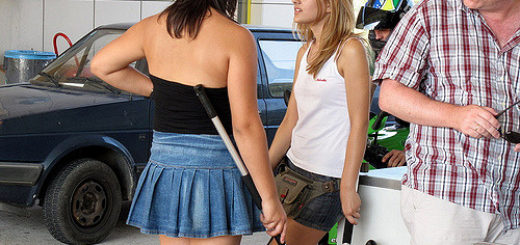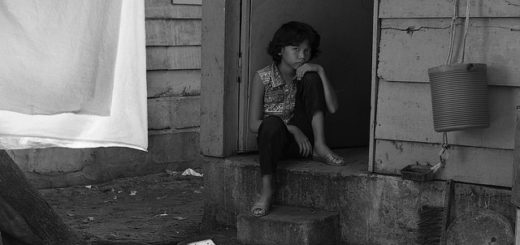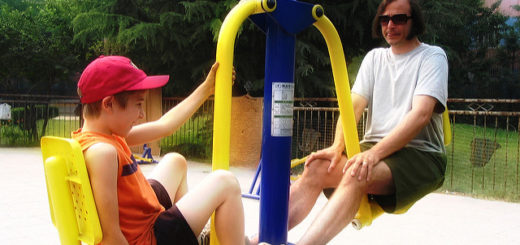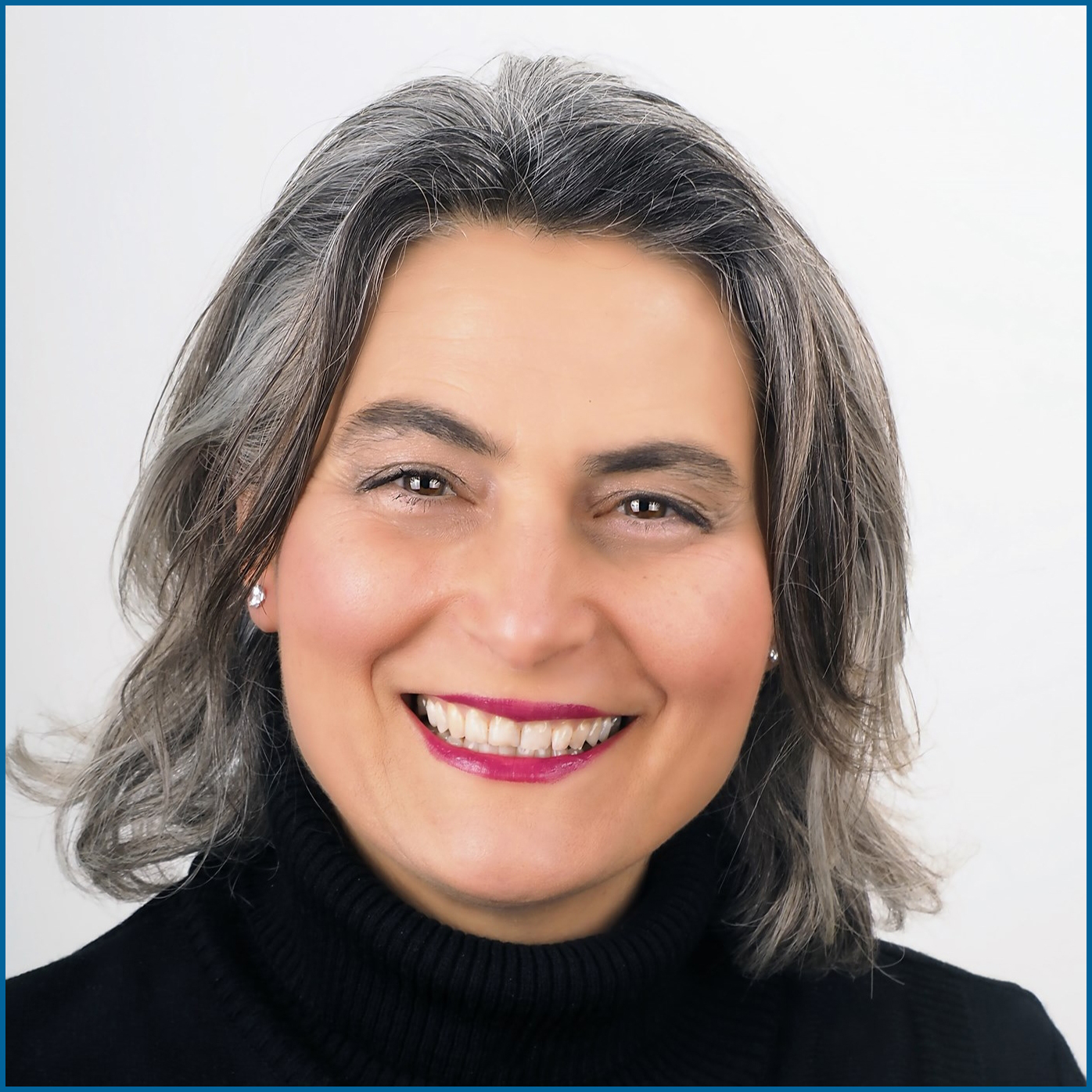Fathers: Are You the Father You Wish to Be?
Here is another Fathers Day, and this year it coincides with Eid (Ramadan Holidays).
Last weekend I met with 15 people in a wonderful venue in Şirinköy, Gökova, for the Awakening to the New World and we sowed the seeds of a new world where we heal the anxieties, fears, and insecurities we inherited from our ancestors going back seven generations.
On this festive day, I go on sowing good seeds about fatherhood.

Here is how Native Americans define the roles of motherhood and fatherhood: Mothers hold their babies to their face and say, tenderly, “I will comfort you.” While fathers take the child to the top of the mountain and hold them facing outwards, shouting “This is the world and I will introduce you to it.”
Dreaded Fathers
Güler Okman Fişek from Boğaziçi University is one of my favorite professors who have helped shape my life. She and her colleagues have conducted an extensive research study on married men in Turkey, of which the results have been published under the title of ‘Erkekliğin Türkiye Halleri’, revealing the nature of men’s relationship with their parents, children and partners.
Men are questioning the social values of manhood; they endeavor to build more egalitarian, violence-free relationships. However the cultural conditioning and expectations are so strong that they struggle with dilemmas.
We all suffer together the crisis of family relationships based on male authority.
For instance, even though they resent their own fathers’ oppressive attitude, some men struggle between idealization and gratitude – fostered by misunderstood religious concepts – as they try to find their identity.
The patriarchal roles culturally assigned to fathers and supported also by women include avoiding familiarity, keeping their distance, inspiring respect and fear, putting children in their place and shaming them.
When mothers are so tender, so over protective that they fail to disconnect from the children, they declare the fathers the feared parent who sets limits and upholds the rules. In our culture, we often hear them say things like “Now, if your dad hears this…” or “Do as I say or I’ll tell your dad.”
Whether young or old, we all need and want love, when we don’t receive the love we need we try to make up for it in other ways, we may especially turn to force. And where there is fear neither love nor respect can grow.
We all pay a dear price for the patriarchal role cast upon fathers. It emotionally disconnects the man from his children, thus isolating him, leaving him loveless, and leading him to violence and addiction, and to lose touch with his emotions.
As stated by Bowlby, the founder of attachment theory, we all know through our primal instincts that intimacy means safety. It is our cultural mistake to have turned the fathers into a source of fear, ending up in creating an unsafe environment for all.
Fathers and Their Function in the Family
Fathers reveal the reality so that we may break free from the naturally enmeshed relationships we build with our mothers. It’s thanks to them that we find out about the existence of reality, about boundaries, rules, and limitations.
While we love and embrace our children, our aim is to help them become individuals and walk their own path independently from us.
Mothers need fathers’ support to face this reality and leave enmeshment behind to set their children free.
Thanks to fathers, we manage to forgo good things and deal with deprivation and disappointment.
Here is how Native Americans define the roles of motherhood and fatherhood: Mothers hold their babies to their face and say, tenderly, “I will comfort you.” While fathers take the child to the top of the mountain and hold them facing outwards, shouting “This is the world and I will introduce you to it.”
What kind of father can make this possible?
- He is emotionally mature.
- He doesn’t tempt the child or compete with the mother.
- He supports the child’s growing financially and emotionally independent from him.
- He is happy to help the child.
- He is proud of his son’s success.
- He cares about, commends and supports his daughter.
- He doesn’t expect his child to heal his childhood wounds.
- He doesn’t humiliate, intimidate, threaten, or scorn the child, or make gim or her feel inadequate.
- He is a problem solver.
- He encourages the child to explore the world, he supports taking risks.
It is not easy to be such a father. As a psychoanalyst put it; “One is not born a father but becomes one.”
Fathers in the New World
We all have a father and and a father image we carry inside each of us. This image defines our relationship with others. And the Ramadan Holidays (Eid) are an opportunity to meet with family and neighbors. Therefore I wish you a happy Father’s Day and Eid whether or not you live in this culture or are a father.
In the New World, there is a transforming community where you can experience both the male and female parts of you, inside or outside, in balance and harmony.
You can listen to the soundtrack of this video from here.




